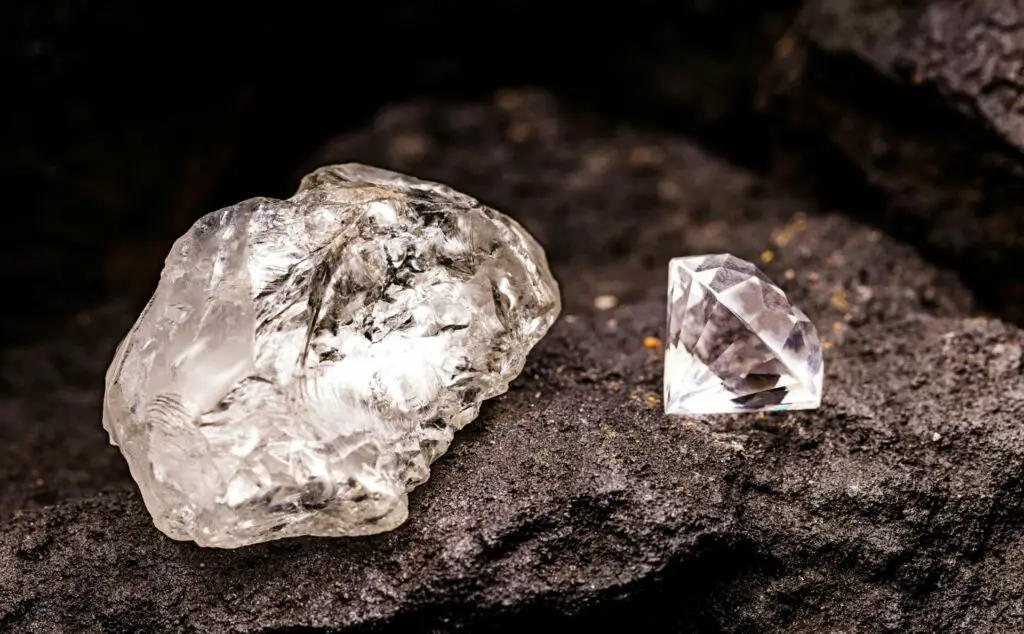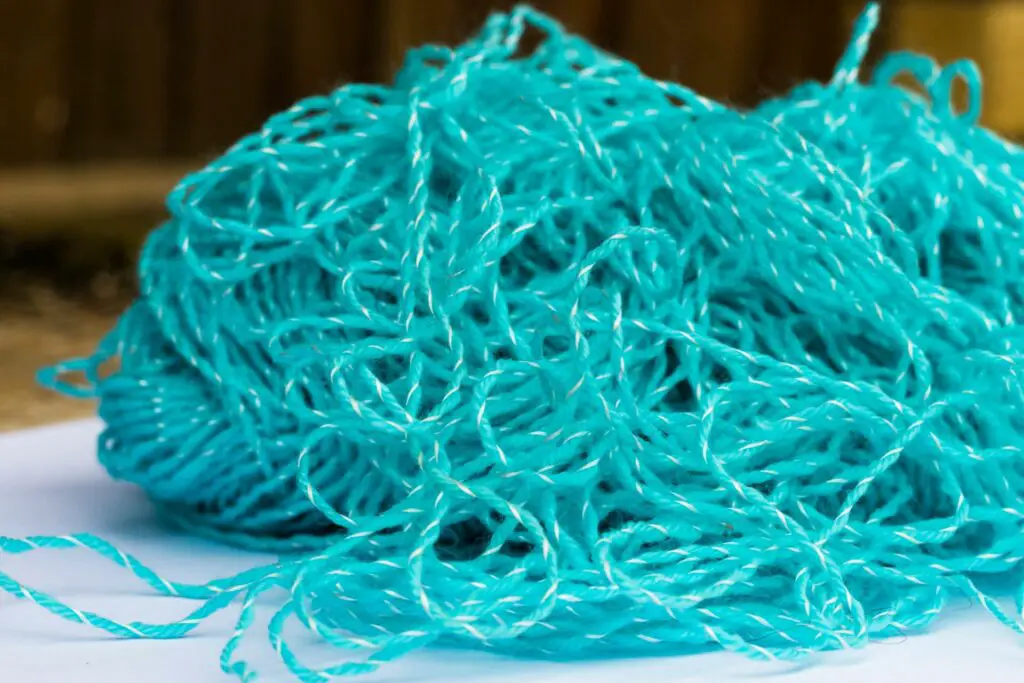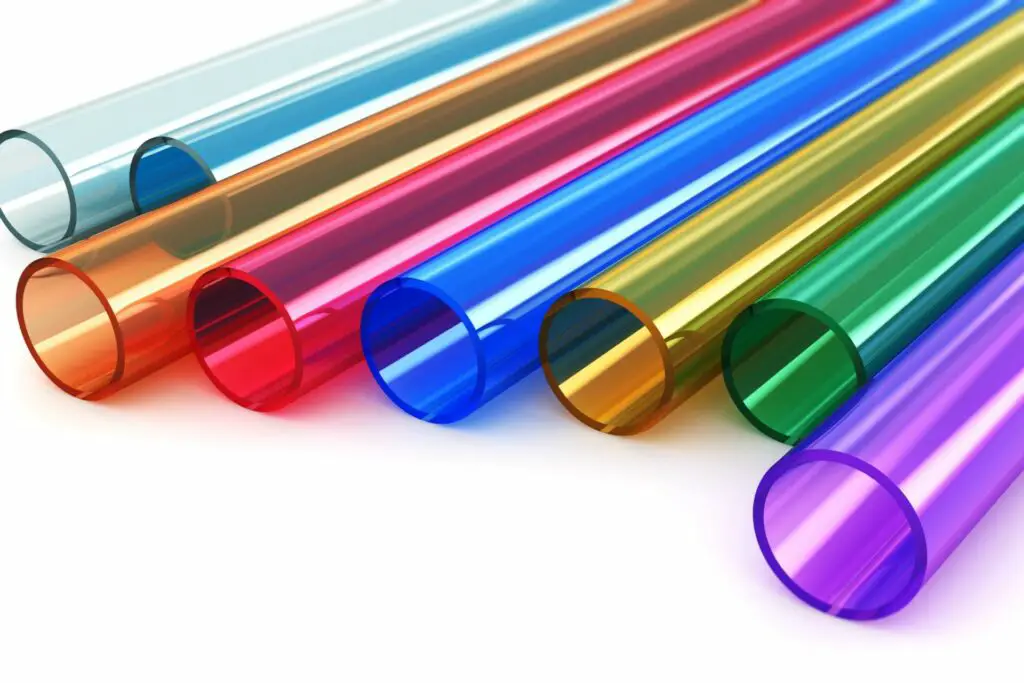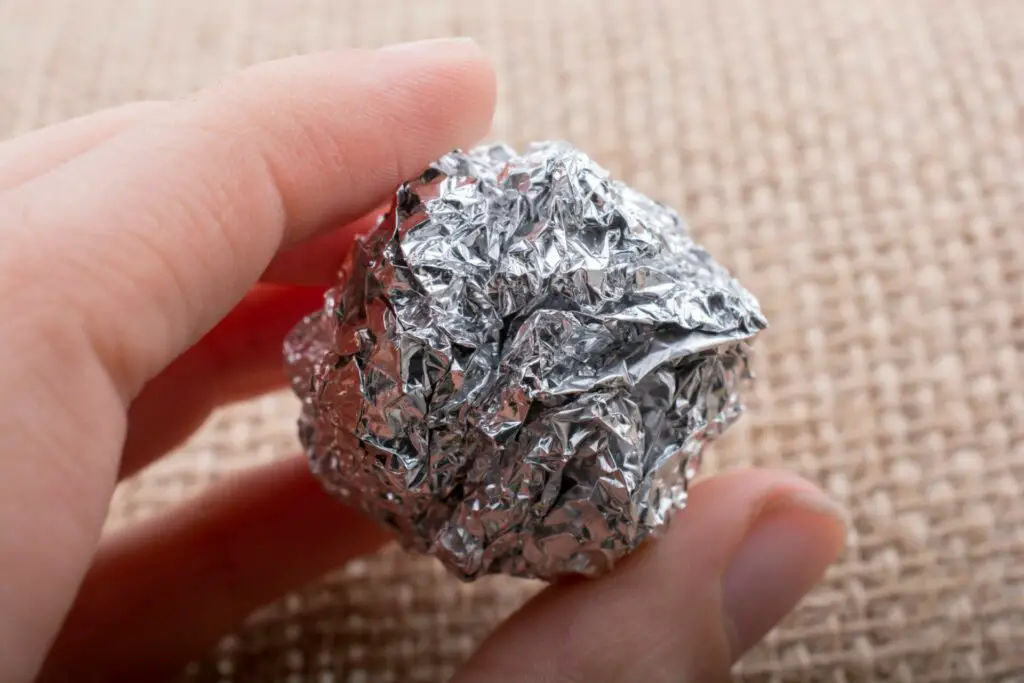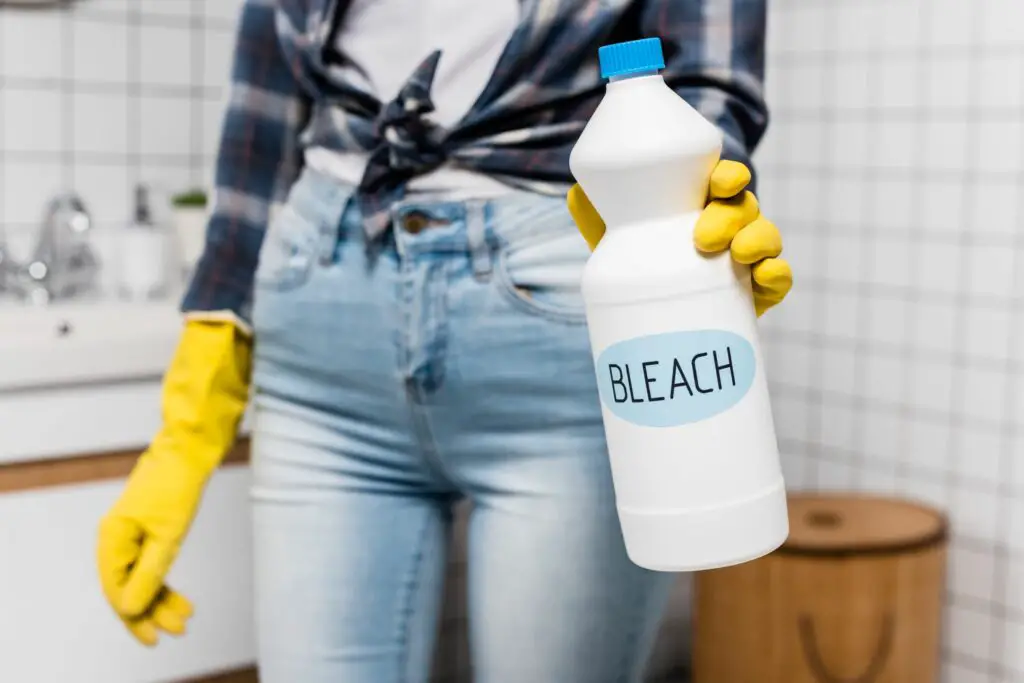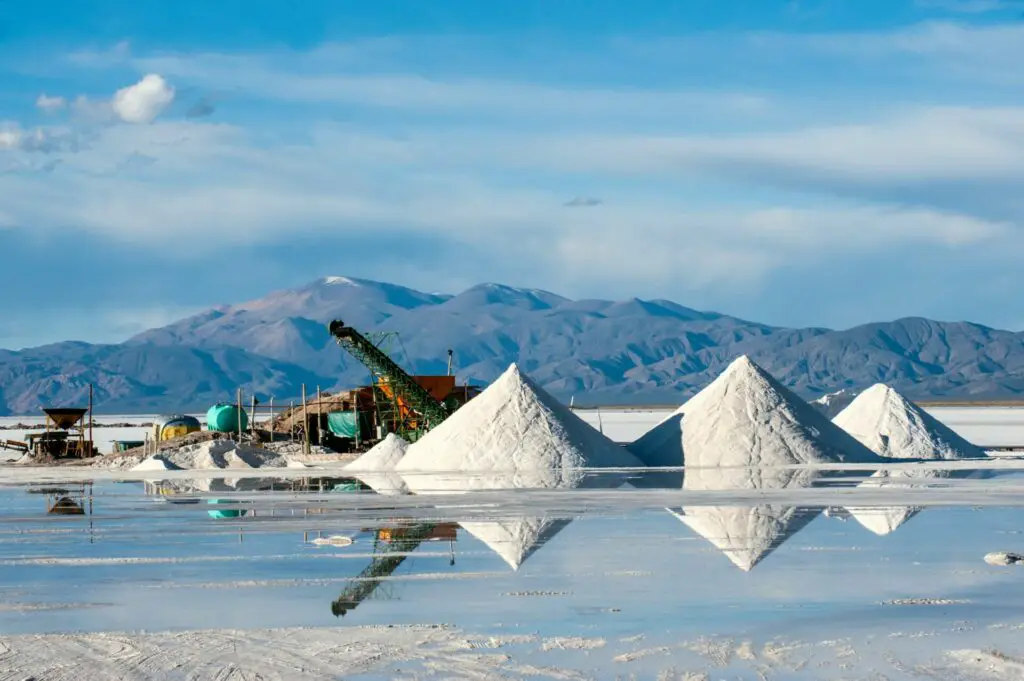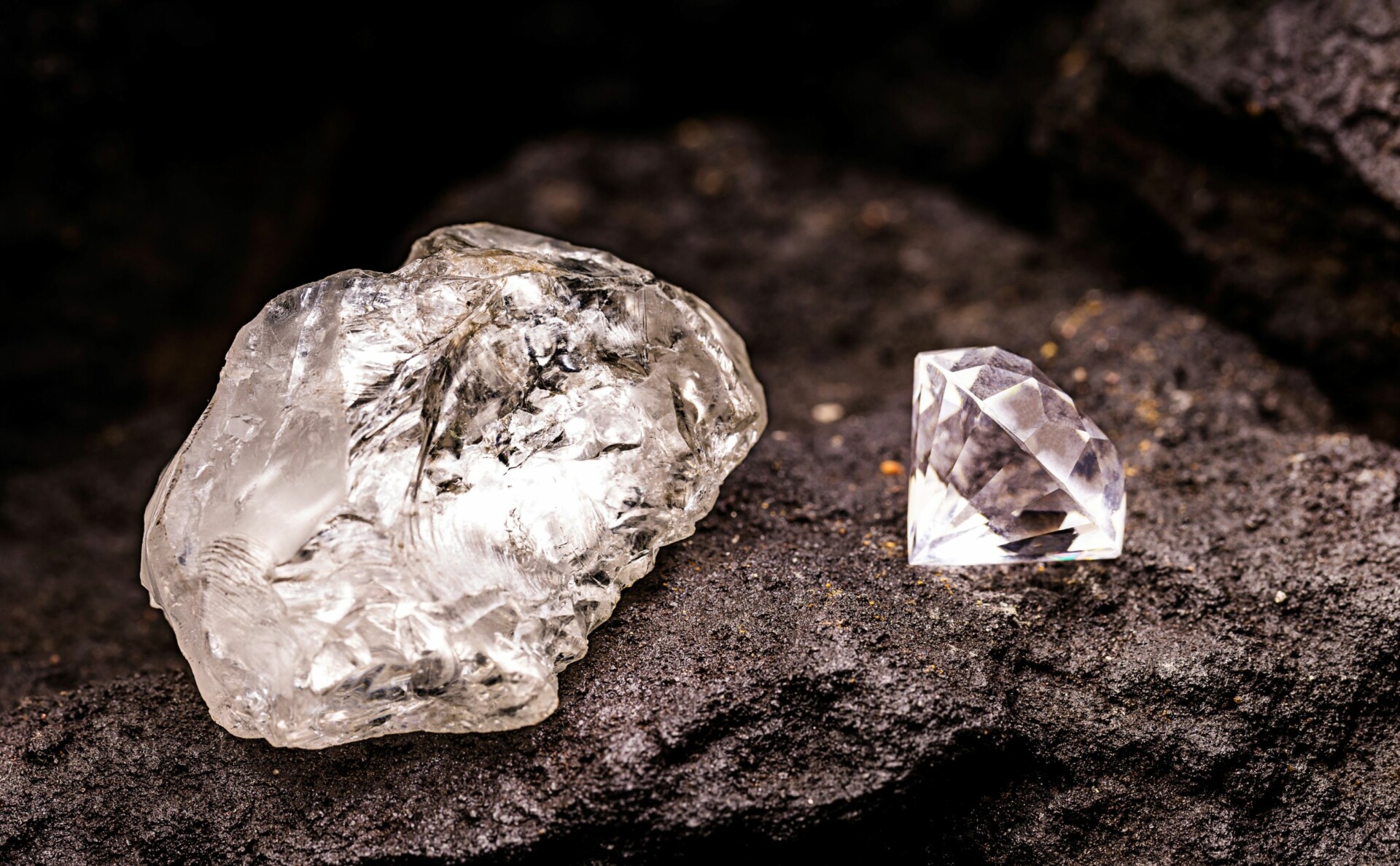If you love scented candles, makeup, or cooking, then you – whether knowingly or not – have used a lot of paraffin wax.
Likewise, if you work in the maintenance, electrical, and mechanic fields, you’ve also probably used a lot of paraffin wax.
Paraffin wax has more uses than you may be aware of. But with such widespread use, we need to ask ourselves if it is sustainable.
To answer this question, it is important to know where paraffin wax comes from and what the qualities of it are with regard to sustainability.
The simplified answer is that paraffin wax is not sustainable. But don’t just take our word for it.
In this article, we’ll examine paraffin wax from a sustainability standpoint, including how it is sourced and whether or not it is eco-friendly.
And for comparison and further evidence as to why paraffin wax is not sustainable, we’ll also compare it to other commonly used waxes.
Is Paraffin Wax Made Sustainably?
We’ve hinted at the fact that paraffin wax is not sustainable, but how exactly is it made?
Like so many other products that we use, paraffin wax is a by-product of the crude oil refining process.
So how do we get paraffin wax from crude oil?
Basically, crude oil isn’t automatically usable as soon as it is collected.
It is made up of a lot of chemical compounds, so it has to be refined to remove those compounds and turn the oil into a usable product.
Paraffin wax is just one of the chemical compounds that is naturally found in crude oil and the oil isn’t usable with the wax in it. To remove it, crude oil has to undergo dewaxing.
Once the wax has been removed from the crude oil, the wax undergoes further processing to be used for different products. The way that it is processed just depends on the particular product.
Now that you know how paraffin wax is derived from crude oil, you may be wondering why it isn’t made sustainably.
If you don’t already know, crude oil is a natural resource, but it is a non-renewable natural resource.
What that means is that crude oil supplies will eventually run out if we keep collecting it and refining it at the same rate.
The whole idea behind sustainability is to use natural resources in a way that they won’t be depleted.
Based on that definition, you can see how collecting crude oil conflicts with sustainability.
Long story short: paraffin wax is not made sustainably. If crude oil supplies run out, then so does paraffin wax since it is a result of the crude oil refining process.
Is Paraffin Wax Eco Friendly?
Since paraffin wax comes from crude oil, it is also not eco-friendly.
Collecting crude oil can be devastating to natural habitats and cause pollution of other natural resources.
Not only is the collection process bad for the environment, but the refining process is as well.
We mentioned that crude oil contains a lot of chemical compounds.
Refining crude oil to remove all of those compounds (whether it be paraffin wax or something else) can also cause air and water pollution due to the amount of hazardous waste that is produced.
Refining and processing natural resources also uses energy.
Since refining crude oil is such an extensive process and the paraffin wax and other products that are derived still have to undergo further processing, quite a lot of energy is used.
Greater energy use can also result in the depletion of natural resources depending on the source of the energy.
Lastly, when you no longer have use for paraffin wax, you are limited as to how you can dispose of it.
The disposal methods for paraffin wax are not the most eco-friendly options.
But due to the composition of crude oil and being derived from crude oil, you don’t have much of a choice.
As you can see, there is not a single aspect of paraffin wax, from collection, to production, to use, that is eco-friendly.
Is Paraffin Wax A Natural Product?
Since paraffin wax comes from crude oil – which is a natural resource – it can be considered a natural product.
But it is important to remember that just because a product is natural, it doesn’t mean that it is eco-friendly or sustainable.
It all boils down to how the product is collected, produced, and disposed of.
As far as paraffin wax is concerned, we can determine that it is not an eco-friendly natural product.
Is Paraffin Wax The Same As Petroleum Jelly?
Petroleum jelly is a product of the crude oil refining process.
The main ingredient in petroleum jelly is paraffin wax, but the wax is combined with mineral oils to make the finished product.
Paraffin wax is such a prominent ingredient in petroleum jelly that the jelly is sometimes known simply as paraffin.
However, paraffin wax isn’t necessarily the same thing as petroleum jelly.
Rather, petroleum jelly is just one of the many products that can be made out of paraffin wax.
Is Paraffin Wax Biodegradable?
In most forms, paraffin wax is not biodegradable since it is a by-product of crude oil.
The wax itself can take years to biodegrade, especially in large quantities.
In addition to taking a long time to biodegrade, paraffin wax has the potential to release harmful chemicals into the environment.
This is due to the extra processing that paraffin wax has to undergo in order to be made into useful products.
It is entirely possible that some paraffin wax products are more hazardous to biodegrade than others, but the biodegradability of paraffin wax products also depends on other chemicals that are added to it.
To best answer this question, just assume that if a product contains paraffin wax, you shouldn’t let it biodegrade.
Is Paraffin Wax Compostable?
Since paraffin wax isn’t biodegradable, it also isn’t compostable for many of the same reasons.
Again, a lot of it depends on the particular product as well as other chemicals and additives that the product contains.
If you’re someone who uses compost a lot, then you know how long some things that are compostable can take to break down.
Paraffin wax will take even longer, and you don’t want to risk ruining the healthy compost that you’ve created. The safest thing to do is not to try to compost paraffin wax products.
Is Paraffin Wax Recyclable?
Paraffin wax is not recyclable, although it comes from crude oil just like plastics do.
Consider this for a second: why do you think plastics are recyclable but paraffin wax isn’t?
It mostly has to do with the texture of paraffin wax. Waxes in general, paraffin included, tend to have a very thick and sticky consistency.
The stickiness of paraffin wax is not ideal for being processed through the machines needed for proper recycling. It is not efficient and could cause damage to the machines.
Even if there was a way to work around the stickiness, it would require more money on the part of the recycling center to make machines that were capable of recycling paraffin wax.
Recycling any type of wax is simply not feasible.
Is Paraffin Wax Better Than Beeswax?
In recent years, beeswax has seen an increase in use, especially for candles and beauty products.
Since beeswax comes from honey bees, an animal source, it can be considered to be a renewable natural resource.
Therefore, beeswax is a much more eco-friendly and sustainable choice than paraffin wax.
Beeswax is also biodegradable and compostable, and is not harmful to either humans or the environment.
Is Paraffin Wax Better Than Soy Wax?
Soy wax is a plant-based wax made from soybean oil. Since it comes from soybeans, that means that soy wax is a renewable resource.
Since it is a renewable resource, it also means that soy wax is more eco-friendly than paraffin wax.
Soy wax is biodegradable and compostable, whereas paraffin wax is not. However, there are concerns about the sustainability of soybeans, the source of soy wax.
Soybeans rely on a lot of land use, as well as fertilizers and pesticides in order to grow.
However, since soybeans are a renewable natural resource, soy wax is still more sustainable than paraffin wax.
Is Paraffin Wax Toxic?
Paraffin wax is not necessarily toxic when applied to your skin as, say, a beauty product.
The main concern about the toxicity of paraffin wax comes when paraffin wax is burned.
When candles are made of paraffin wax and the wax is burned, it releases harmful chemicals such as benzene and toluene into the air.
These chemicals are known carcinogens, meaning that they cause cancer. Both benzene and toluene are found naturally in crude oil and are used as chemical solvents.
So if your candles are paraffin based, you are breathing in these dangerous chemicals when you burn them which can cause other health problems in addition to cancer.
Some of these health problems can include headaches, nausea, respiratory problems, and birth defects in pregnant women.
As you can see, paraffin wax is not only unsustainable, but the use of it in certain products actually raises valid health concerns.
Is Paraffin Wax The Same As Candle Wax?
The term candle wax refers to any type of wax that is used to make candles. Paraffin wax is just one type of wax that can be used.
Other types of wax that are commonly used to make candles include beeswax and soy wax, but these are not ideal for all types of candles.
Paraffin wax is often preferred for candle-making due to being cheaper and because it can be used to make any style of candle.
But due to the fact that paraffin wax has been found to be toxic and not eco-friendly, an increasing number of candlemakers are choosing more sustainable options for making their candles.
What Is Paraffin Wax Used For?
We’ve already mentioned its use in petroleum jelly and candles, but paraffin wax has other uses as well.
Many cosmetics, beauty, and skin products are made using paraffin wax. Examples include lipsticks, lotions, and skin softening products.
Paraffin wax also has industrial uses. It is used as a lubricant and as insulation for electrical components.
Lastly, paraffin wax can be dyed different colors and used to make crayons or used in the kitchen in the form of wax paper.
Is Paraffin Wax Vegan?
Because paraffin wax doesn’t come from an animal source, it is considered to be vegan.
When it comes to products made from paraffin wax versus beeswax, paraffin is the better choice if you prefer vegan options.
But even though paraffin wax is vegan, it isn’t necessarily better for the environment.
For wax options that are both vegan and eco-friendly, consider plant-based waxes like palm and candelilla.
4 Sustainable Alternatives To Paraffin Wax
1. Beeswax
When it comes to candles and beauty products, beeswax is a more sustainable alternative to paraffin wax and provides very much the same benefits.
While paraffin products may also contain artificial fragrances and dyes, beeswax products usually contain natural fragrances and dyes in order to keep with sustainability.
2. Soy Wax
Soy wax is a more sustainable and eco-friendly option than paraffin wax and it won’t produce toxic fumes when it is burned.
If vegan products are your preference, then soy wax fits the bill.
However, there are concerns about how sustainable some types of soy wax actually are.
If possible, research the source of your soy wax to make sure the soybeans were grown as sustainably as possible before purchasing.
3. Palm Wax
Palm wax is made from the oil of palm berries. It is another 100% natural wax that is great for making candles.
In addition to being more sustainable and eco-friendly, another benefit of palm wax is that it is vegan.
Palm wax can also be used to create different textures on certain types of candles.
4. Candelilla Wax
Candelilla wax comes from the leaves of a small shrub found in the southwest United States and Mexico.
It is used as an eco-friendly alternative to paraffin wax and as a vegan alternative to beeswax.
Although a little thicker than beeswax, candelilla wax is great to use for making homemade beauty products that are vegan as well as sustainable.
Conclusion
Being a by-product of the crude oil refining process, paraffin wax is neither sustainable nor eco-friendly.
Paraffin wax does come from natural sources and it is vegan, but that doesn’t necessarily mean that it is good for you or the environment.
It also can’t be recycled, so there is not really a good way to dispose of it.
However, there are more eco-friendly and sustainable waxes out there for making candles, beauty products and more. Examples include beeswax, palm wax, soy wax, and more.
You Might Also Like…
- Is Fast Food Bad for the Environment? (& What You Can Do)
- Is Fabric Softener Bad for the Environment? (+5 Eco-Friendly Options)
- Is Fuel Dumping Bad for the Environment? (& How Often It Happens)
- Is Electricity Generation Bad for the Environment? (What You Should Know)
- Is Dry Cleaning Bad for the Environment? (4 Surprising Facts)
- Is Diamond Mining Bad for the Environment? (Important Facts)
- Is DEET Bad for the Environment? 4 Effects (You Should Know)
- Is Cat Litter Bad for the Environment? (5 Common Questions)
- Is Burning Cardboard Bad for the Environment? (6 Facts)
- Is Burning Paper Bad for the Environment? (6 Surprising Facts)
- Is Burning Leaves Bad for the Environment? (7 Quick Facts)
- 4 Natural Cleaners for Quartz Countertops
- 6 Eco-Friendly Acrylic Paint Brands (For Sustainable Artists)
- 5 Eco-friendly Alternatives to Acrylic Paint (& How to Make Them)
- Is Acrylic Paint Bad for the Environment? (7 Quick Facts)
- Is Acrylic Yarn Bad for the Environment? 8 Crucial Facts
- Is Acrylic Bad for the Environment? (8 Quick Facts)
- Is Aluminum Foil Bad for the Environment? 7 Quick Facts
- Is Bleach Bad for the Environment? 6 Crucial Facts
- Is Lithium Mining Bad for the Environment? 6 Crucial Facts







